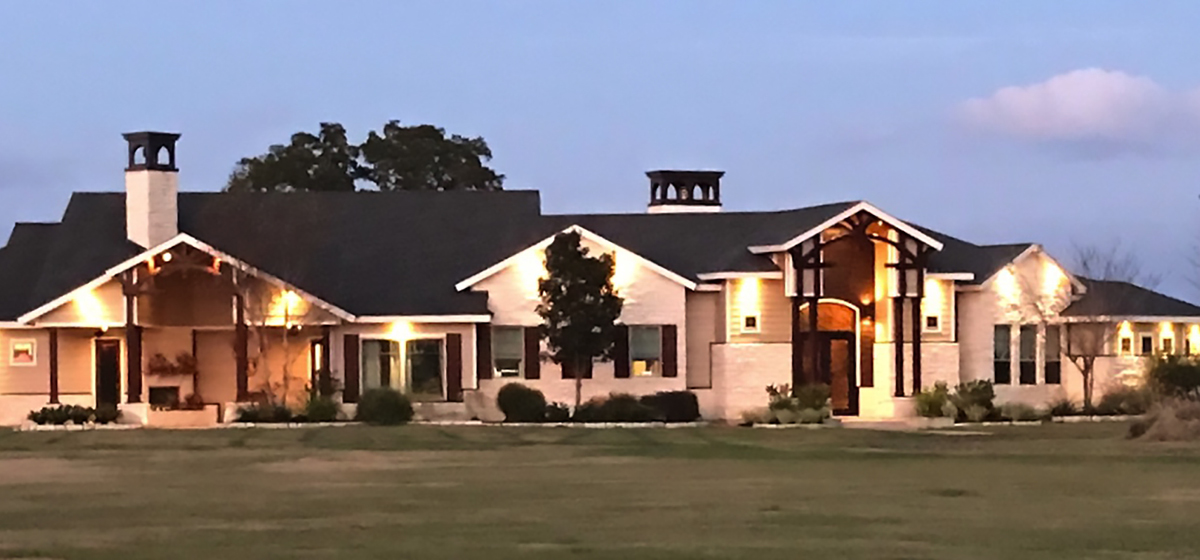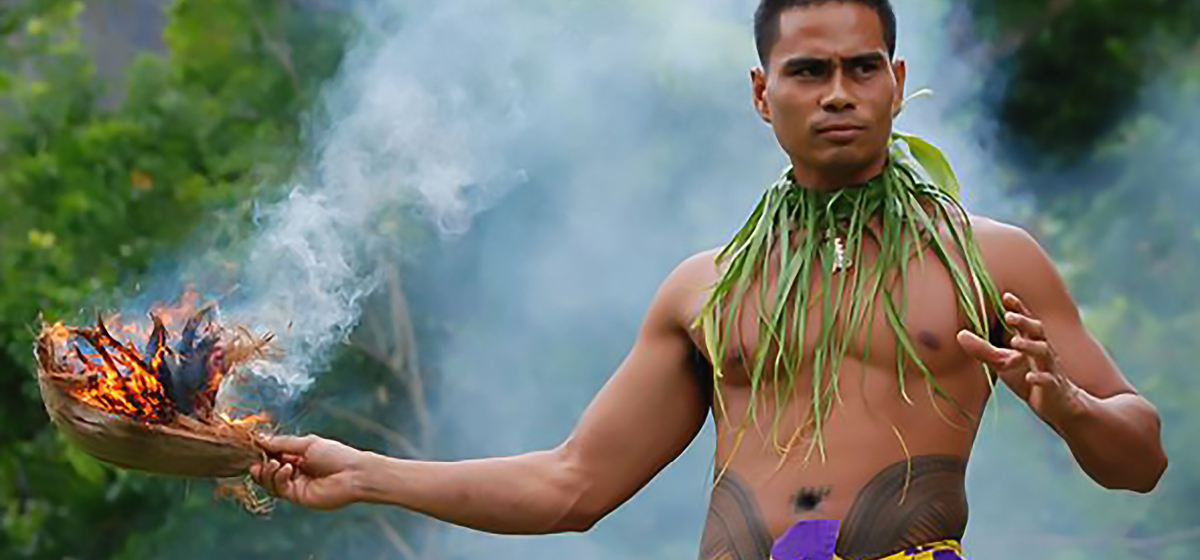Photos by K2 Images
 Dr. Genevieve Brown’s career in education spanned almost five decades. She served as a teacher and administrator in public education, a professor of education at Sam Houston State University, and as Dean of SHSU’s College of Education. Although she retired in 2013, she continues to make an impact through volunteer service and by remaining active in the community. Her greatest legacy, however, will be evident this month as hundreds of her former students—now serving as public-school teachers across the state of Texas—begin the new school year.
Dr. Genevieve Brown’s career in education spanned almost five decades. She served as a teacher and administrator in public education, a professor of education at Sam Houston State University, and as Dean of SHSU’s College of Education. Although she retired in 2013, she continues to make an impact through volunteer service and by remaining active in the community. Her greatest legacy, however, will be evident this month as hundreds of her former students—now serving as public-school teachers across the state of Texas—begin the new school year.
It was wonderful to grow up in that community. Practically my whole family lived there—my great-grandparents, great aunts, my grandparents, and so on. I had a great support system. We lived one block away from the elementary school where my daddy had gone to school, and when I went to elementary school, I had two teachers who had also taught my daddy. My grandmother would often step in as a substitute in the school. I would see several of my teachers at the church and at other events in the community…so, really, many people were kind to me, and there was a great sense of connectedness and community. It was like a large family.
We lived not far from the swimming pool, and we went there often in the summertime. We had a synchronized swimming team in which my sister and I participated. We also took piano lessons and dance, doing ballet and tap; and then in high school I was involved in several organizations, University Interscholastic League activities, and cheerleading. I also was on the staff of our school newspaper. You know, in a small school, you just have so many opportunities to be involved in so many things!
 Who were your role models?
Who were your role models?My teachers were all great role models. They were also encouragers. But you know, they had expectations of me because they knew my family. And they knew what my family expected of me. And, of course, my parents and grandparents were also very special role models.
Yes. We had teachers in the family. I also had those wonderful role models as teachers. I always loved to learn. Actually, it was my aunt who taught me how to read before I went to school, and I became a voracious reader. And then my teachers reinforced my inclination to read even more.
I was in public schools for fourteen years as a teacher and an administrator. I loved my work in public schools, but because I had grown up in a college town, I began to think that teaching teachers would be my ultimate goal. When I was an administrator, we loved to hire teachers from Sam Houston, because they had such a strong teacher education program. But when I officially visited Sam (it was the last place for me to visit), my first impression was, “These students love Sam Houston!” I was walking around campus and talking to students. They would tell me how much they all liked SHSU, and they began bragging on their professors. I thought about how great it would be to work in such an environment, so I prayed about it, and I felt like Sam Houston was part of the plan. And, you know, I worked here for 29 years! I can’t think of a place I would have rather been.
We met in the school business. He was also an educator. He was a coach and a school administrator and a teacher for 36 years. So I always tease him and say, “Well, I beat you by 12 years.” But he loved it. He retired as superintendent of the Katy school district. And he has always been very supportive of my career and what I felt led to do.
Well, I do remember many of the changes that have happened over the years. But the mandates regarding testing and accountability have really changed. When I began teaching, there was no state or national curriculum and no state testing requirement. Local school boards, principals, and teachers determined the curriculum. Of course, the national professional organizations, such as The National Council of Teachers of English, had standards, but accountability was at the local level. So there has been an evolution on that. And textbooks had a much more powerful influence. But really, an important change in our state is that we have grown so much in Texas and, sadly, the funding has not kept up with our growth.
I think that there has been a real attempt at the state level to try to reflect changes in our curriculum to adequately prepare students for the future and to determine mastery of that curriculum through a statewide assessment program. Of course, many educators are concerned that too much emphasis has been placed on our state accountability system to the detriment of other important aspects of learning. For example, I think that character and community service components are important for children and young people. We want them to learn to be honest, responsible, and productive citizens and to serve their community. It is, certainly, also important for educators to be role models of character and to be involved in the community.
I think they have changed, and for the good. Once again, I think that is a reflection of the changing times. For example, the changes in technology, societal expectation, demographics, knowledge of learning theory. The preparation of teachers reflects the needs of the time.
Things are changing so rapidly that it is difficult to forecast. There is the delivery of the instruction, even the methodology of delivery. We also need to figure out a way to prepare the leaders of tomorrow. And I think we are going to see more expected of our graduates, particularly our university graduates, who must be able to handle conflict and crisis and who must learn to work together productively with others. Teaching “soft skills” will be even more important, as data indicate that students of the future will change careers several times during their lifetimes. And I also think we will see more economic challenges.
I think that teacher preparation and parenting are more important than ever. And I think it is going to take all of our institutions—the family, the church, the schools, and the community as a whole working together—to prepare young people to meet the challenges of the future and be productive and civic minded. Teaching must be much more than simply academic skills, as important as they are. There is so much in what we must teach that is about how to be a successful, well-rounded, caring person who will make a positive contribution to our society.
Well, a lot of my friends had already retired. So one day, I said to my husband, “Do you think I ought to retire?” and he said, “Well, I think God is going to tell you. I think you are going to know, and the Lord will let you know.” So, I think it just got to the point that I realized that the Lord had given me a blessed career and that I had worked very hard on that, but that now it was time to be open to a new ministry. When I told my daughter I might retire, she said, “You should retire so you can make an impact in other places.”
 What have you been working on since your retirement?
What have you been working on since your retirement?I do some research for friends who are still in the field. One of the most recent research projects I helped to finish is the second edition of our little book that one of my colleagues, Dr. Beverly Irby, and I did. It is called Haunted Huntsville, and proceeds from the book go to the Wynne Home. It was so fun! We interviewed people in Huntsville and collected their stories. In addition to that, I do quite a bit of volunteer work. I serve on the Friends of the Wynne Board and have the role of event coordinator for our events. I was one of the original six members on the Promoting Our Positives (POP) Committee, which we organized to assist the students and teachers in Huntsville ISD. I serve on the Huntsville Area Literacy Council and on the Advisory Committee of the Huntsville High School Career and Technical Education Program. I am also active in the Children’s Ministry of my church, teaching Sunday school and Vacation Bible School.
I think it is related to the success of the students that I have taught. Many teachers feel their greatest accomplishment was the part that they had in helping others succeed. And that is always such a reward. I just love it when I get an email or phone call from one of my former students who say, “Oh, you won’t believe what I’m doing now!”



